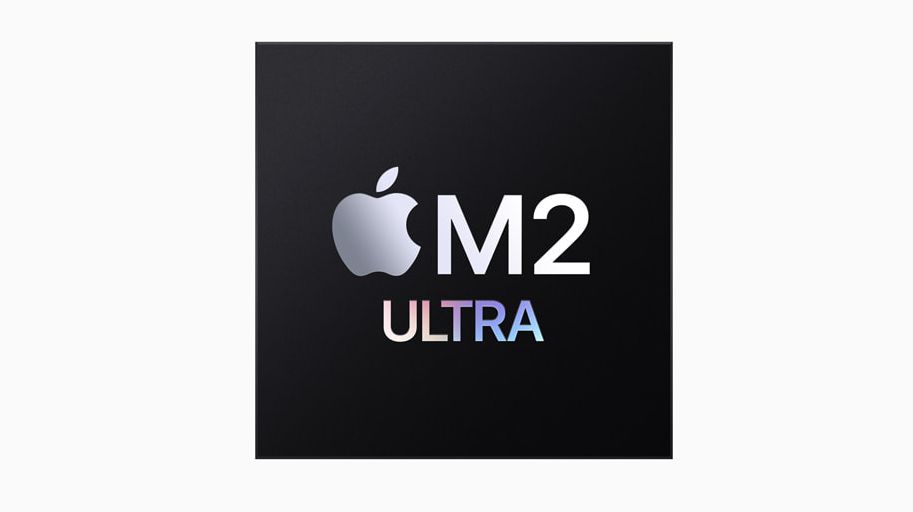Apple’s M2 Ultra is almost as fast as AMD’s fastest CPU according to Geekbench
Where does Apple go from now it has launched its fastest CPU ever?

The first benchmarks for the Apple M2 Ultra chip have emerged thanks to a lucky few customers who purchased brand new Mac Pro and Mac Studio devices at launch and have already received their orders.
Numbers available on popular testing platform GeekBench show two clusters of results collected on machines at less than or around 3GHz and machines clocked at more than 3.5GHz.
The newest entries were done on an M2 Ultra clocked at 3.63GHz with 24 cores (16 efficient and eight performance), just over 4MB L1+L2 cache and 192GB onboard memory. There’s some significant variances in the performance (single core and multicore) even amongst those CPU clocked around 3.6GHz but the mode seems to be around 2,800 and 21,000 respectively.
In comparison, Intel’s fastest CPU, the Core i9-13900KS with 24 cores achieves around 3,500/23,600 points on the same benchmark while AMD’s speediest processor (the Ryzen 9 7950X3D with 16 cores) reaches the 3,000/20,000 point mark, which means that whatever Apple is doing is helping it catching up with the x86 camp.
Of course, one may point out that the 7950X3D is not a workstation processor and that the ThreadRipper/Epyc/Xeon product range from Intel and AMD may be better suited from creatives and scientists (ed: doesn’t help that not a lot of non-VM Epyc Geekbench numbers are available).
Similarly, numbers for Compute (which is useful to gauge video performance) puts the M2 Ultra above 220,000 in using Metal API and around 130,000 using OpenCL instead. In comparison, AMD’s 7950X3D delivers of up to 380,000 in OpenCL on Linux with Intel’s finest slightly behind (about 360,000).
Apple catching up?
Now that we have two complete generations of Apple processors, we will be able to crunch the numbers and extrapolate them to get a rough idea of what M3 and beyond may look like. There’s no current upper limit as Apple can alter the core count (GPU, CPU and Neural Engine) as well as the clock speed in order to reach a particular performance level.
Are you a pro? Subscribe to our newsletter
Sign up to the TechRadar Pro newsletter to get all the top news, opinion, features and guidance your business needs to succeed!
Geekbench only tell part of the performance story but it does give a general trajectory and it is looking good. MacRumors, which unearthed the numbers, mentions that the new Mac Pro are 100% faster than the fastest Mac Pro with the 28-core Intel Xeon W CPU on the benchmark.
For the first time ever, the Mac Pro and the Mac Studio stand shoulder to shoulder when it comes to performance and hardware. However, the Mac Pro is still far more expensive than the Mac Studio by up to 75%; in effect, Mac Pro customers will pay a fixed “fee” of $3,000 for the iconic “cheese grater” casing, the six PCIe expansion slots and the 1.4Kw power supply unit.

Désiré has been musing and writing about technology during a career spanning four decades. He dabbled in website builders and web hosting when DHTML and frames were in vogue and started narrating about the impact of technology on society just before the start of the Y2K hysteria at the turn of the last millennium.